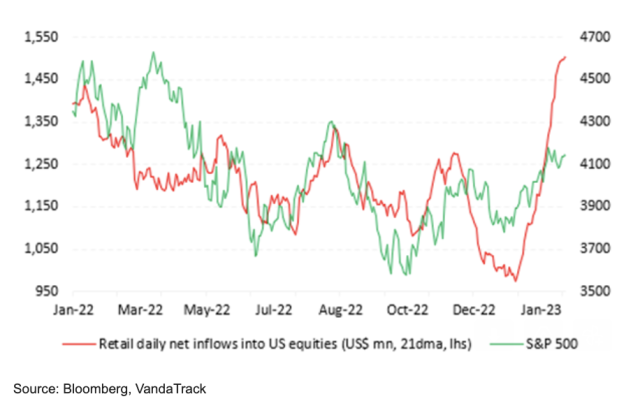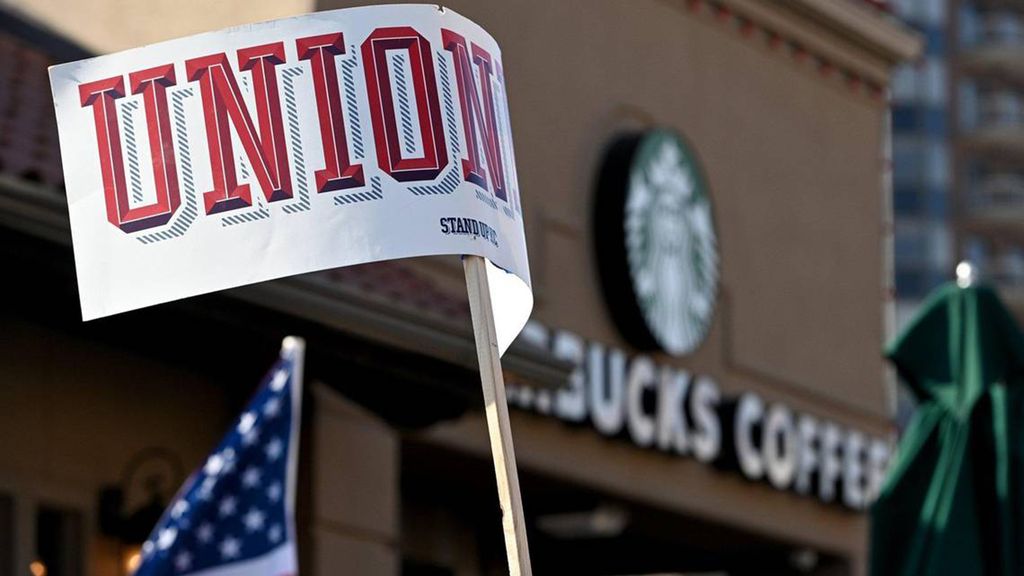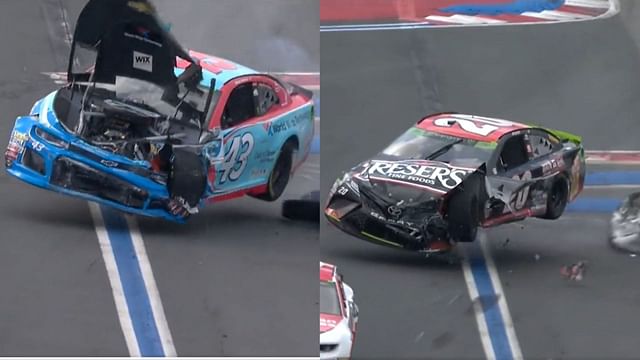The Recent Market Decline: Professional Selling And Retail Investor Activity

Table of Contents
Professional Selling Pressure
The recent market decline wasn't solely caused by retail investors; significant pressure came from professional sellers. Let's examine two key aspects:
Increased Institutional Offloading
Large-scale selling by institutional investors, such as hedge funds and mutual funds, significantly contributed to the market decline. Several factors drove this activity:
- Increased risk aversion: Concerns about inflation, rising interest rates, and geopolitical instability led many institutions to reduce their exposure to riskier assets.
- Portfolio rebalancing: To maintain desired asset allocations, institutions may have sold some holdings to offset losses in other areas.
- Profit-taking: After a prolonged bull market, some institutions took profits, leading to increased selling pressure.
- Anticipation of further declines: Institutional investors often possess more sophisticated analytical tools and may anticipate further market downturns, prompting preemptive selling.
For example, the technology sector experienced significant institutional offloading, impacting major tech company valuations and contributing to the overall market decline. This selling pressure wasn't confined to tech; many sectors felt the impact, highlighting the broad-based nature of institutional selling.
Algorithmic Trading and Programmatic Selling
Automated trading systems played a significant role in exacerbating the market decline. Algorithmic trading, while generally efficient, can amplify volatility under certain conditions:
- Speed of execution: Algorithms can execute trades at lightning speed, potentially triggering cascading sell-offs.
- Potential for cascading sell-offs: When one algorithm sells, it can trigger others to sell, creating a self-reinforcing downward spiral.
- Lack of human intervention: The absence of human oversight can lead to amplified volatility and potentially irrational market reactions.
Algorithms react to negative market signals, such as price drops or increased volatility, by triggering pre-programmed sell orders. This can lead to "flash crashes," where prices plummet rapidly before recovering, demonstrating the unpredictable nature of algorithmic trading during market declines.
Retail Investor Behavior During the Decline
While professional selling initiated the decline, retail investor behavior amplified its impact. Let's explore key aspects of retail investor activity during this period:
Panic Selling and Herd Mentality
Market downturns often trigger emotional responses from retail investors, leading to panic selling:
- Fear-driven selling: Fear of further losses leads investors to sell assets regardless of their long-term value.
- Following market trends without independent analysis: Instead of conducting their own research, retail investors often follow the herd, exacerbating selling pressure.
- Social media influence: Platforms like Twitter and Reddit can amplify fear and uncertainty, encouraging panic selling.
The psychological factors driving panic selling are significant. Fear, uncertainty, and doubt (FUD) spread rapidly, particularly on social media, creating a self-fulfilling prophecy where widespread selling drives prices even lower.
Increased Volatility and Reduced Trading Volume
Market instability leads to shifts in retail investor behavior:
- Holding onto losing positions: Some investors, hoping for a rebound, avoid selling, delaying necessary portfolio adjustments.
- Delaying buy/sell decisions: Uncertainty leads to hesitation, reducing trading volume and liquidity.
- Reduced confidence in the market: Negative market sentiment undermines investor confidence, further impacting trading activity.
Lower trading volumes during market declines impact liquidity, making it harder to buy or sell assets at desired prices, potentially exacerbating volatility, especially for smaller companies with less liquid stocks.
The Role of Meme Stocks and Speculative Trading
Retail investor involvement in speculative trading, particularly meme stocks, added another layer of complexity:
- Potential for rapid price fluctuations: Meme stocks, driven by social media hype, can experience rapid and unpredictable price swings.
- Increased market manipulation risk: The potential for coordinated buying or selling among retail investors increases the risk of market manipulation.
- Impact on overall market sentiment: The volatility surrounding meme stocks can influence overall market sentiment, contributing to uncertainty.
Examples like GameStop and AMC demonstrate the unpredictable nature of meme stock trading and their impact on broader market sentiment. While opportunities exist, the risks associated with speculative trading are substantial, and significant losses are possible.
Conclusion
The recent market decline highlights the complex interplay between professional selling strategies and the emotional responses of retail investors. Understanding the driving forces behind both institutional actions and individual investor behavior is crucial for navigating future market volatility. While professional selling can trigger declines, the amplification of these downturns often stems from retail investor reactions, underscoring the need for informed decision-making and a long-term investment strategy. To stay informed on future market fluctuations and effectively manage your portfolio during periods of market decline, continue to research and monitor the interplay between professional selling and retail investor activity. Stay informed about the impact of market decline on your investments.

Featured Posts
-
 Starbucks Union Rejects Companys Proposed Wage Increase
Apr 28, 2025
Starbucks Union Rejects Companys Proposed Wage Increase
Apr 28, 2025 -
 Metro Vancouver Housing Market Update Slower Rent Growth Persistent Cost Increases
Apr 28, 2025
Metro Vancouver Housing Market Update Slower Rent Growth Persistent Cost Increases
Apr 28, 2025 -
 Bubba Wallace Suffers Brake Issue Crashes At Phoenix Raceway
Apr 28, 2025
Bubba Wallace Suffers Brake Issue Crashes At Phoenix Raceway
Apr 28, 2025 -
 Red Sox Injury Update Crawford Bello Abreu And Rafaelas Status
Apr 28, 2025
Red Sox Injury Update Crawford Bello Abreu And Rafaelas Status
Apr 28, 2025 -
 Tylor Megill Returns To Mets Rotation Deniel Neuse Optioned To Syracuse
Apr 28, 2025
Tylor Megill Returns To Mets Rotation Deniel Neuse Optioned To Syracuse
Apr 28, 2025
